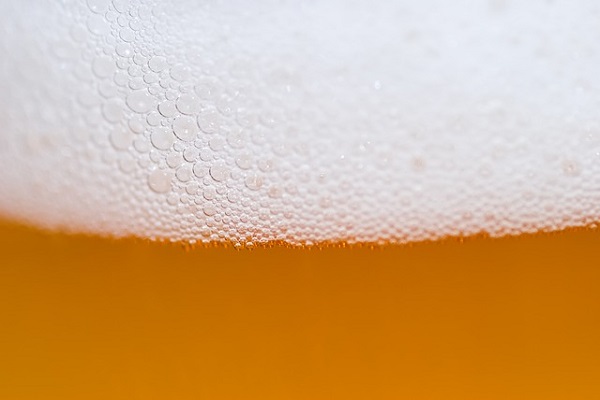
Israeli Scientists Recreate a 5,000-Year-Old Beer
- By C Barnett --
- 23 May 2019 --

The taste is believed to be authentic
An Israeli team of archaeologists, beer brewers, and biologists have successfully brewed ancient beer dating back to the time of David and Goliath.[/tweetit] Scientists conducted an interdisciplinary and multi-layered experiment where six yeast strains were isolated from 21 wine vessels or sherds of beer excavated from the four biblical Holy Land sites- Tell es-Safi or Gath, En-Besor in Negev, Ha-Masger Street in Tel Aviv, and Ramat Rachel in Jerusalem. The oldest site is Ha-Masger Street, dating back to 3100 BCE.
Israeli Scientists Recreate a 5,000-Year-Old Beer[/tweetthis]
Dr. Ronen Hazan of Institute of Dental Sciences and School of Dental Medicine at Hebrew University, and a microbiologist by profession partnered with Michael Klutstein, his biologist colleague, and the two worked with Itai Gutman, a brew master who once owned a Jerusalem brewery. The project scope soon expanded, taking in many scholars from the archaeological field. Contributors came from Tel Aviv University, the Israel Antiquities Authority, Hebrew University, and the Bar-Ilan University.
The six strains of the viable yeast were subjected to DNA sequencing and associated high technology medical imaging to revitalize them. They were then utilized to brew drinkable “ancient beers.” A different yeast strain gave each brew a different aroma bouquet. Dr. Yitzhak Paz, an archaeologist from Israel Antiquities Authority, claimed through a press release the development of an ancient beer represents a formidable breakthrough. He pointed out this is perhaps the first time when people have managed to brew ancient alcohol sourced from old yeast.
Paz told The Times of Israel that the project signifies the fruition of his longtime wish for a collaborative effort between archaeologists and microbiology. He said it was fun for the team to work in a multidisciplinary environment where biologists and archaeologists partner with experimental beer makers.
Cocktails with Cleopatra?-A team of scientists in Israel has created ancient alcohol from ancient yeast. – https://t.co/tqCIfBUhiX
— Sanjeev Giri (@SanjeevGiri) May 23, 2019
When asked whether the revived beer tasted the same as its ancient counterpart, the team replied in the affirmative. The team was confident of bringing back the original taste even though modern ingredients and manufacturing techniques were employed. One aspect is sure though: the resultant beer was fully drinkable. He stressed on the fact that the yeast, the most vital ingredient, is ancient and as the beer formed from it resembled modern beers as found in Ethiopia and other countries mean the taste was fully recreated.


















